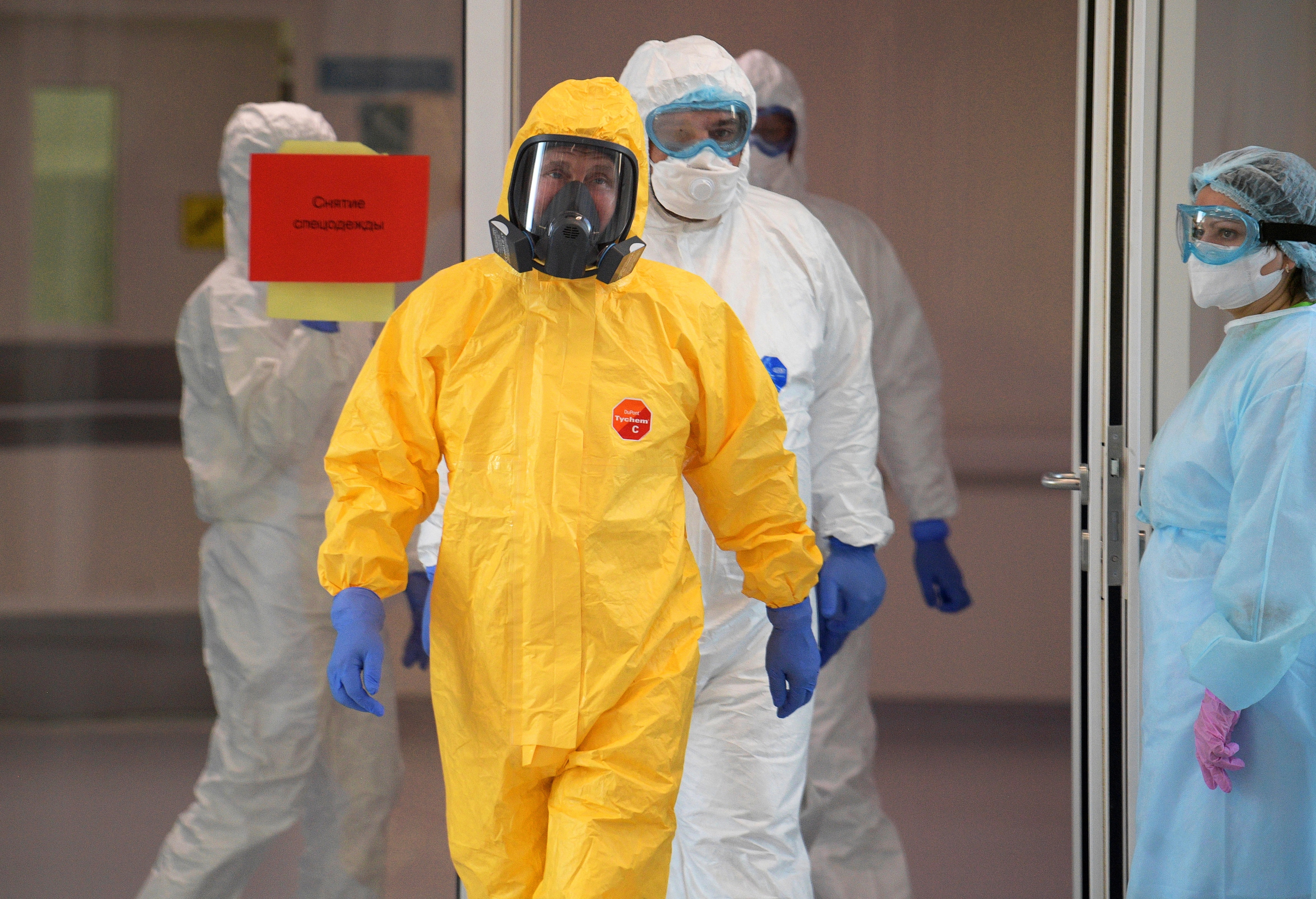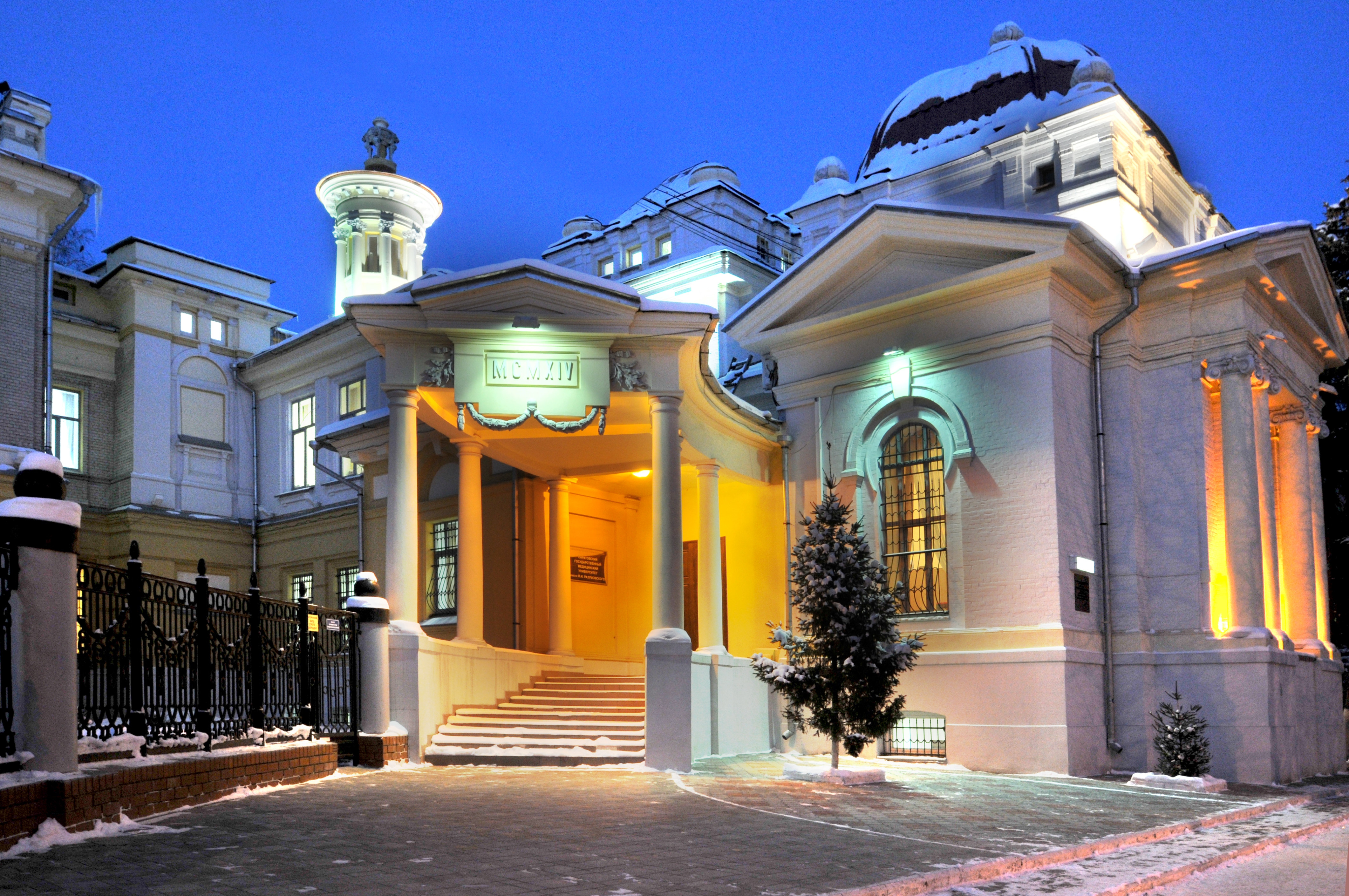|
Sergei Shuvalov
Sergei Alekseyevich Shuvalov ( rus, Сергей Алексеевич Шувалов; 24 June 1951 – 25 September 2021) was a Russian politician. He served as chairman of the Saratov Oblast Duma from 2002 to 2005, and as the Member of the Federation Council of the Federal Assembly of the Russian Federation as the representative from the between 2005 and 2010. Early life and education Shuvalov was born on 24 June 1951, in Saratov, then part of the Russian Soviet Federative Socialist Republic, in the Soviet Union. He studied at the Saratov Polytechnic Institute, graduating in 1973 and becoming a junior researcher in the institute's electronics department. He eventually attained the degree of Doctor of Economic Sciences, and was a professor. Soviet politics and business career Shuvalov began working as an instructor, and then deputy departmental head, of the Komsomol's Saratov regional committee in 1976, and then as an instructor in the organizational department in the part ... [...More Info...] [...Related Items...] OR: [Wikipedia] [Google] [Baidu] |
Federation Council (Russia)
The Federation Council (russian: Сове́т Федера́ции – ''Soviet Federatsii'', common abbreviation: Совфед – ''Sovfed''), or Senate (officially, starting from July 1, 2020) ( ru , Сенат , translit = Senat), is the upper house of the Federal Assembly of Russia (the parliament of the Russia, Russian Federation), according to the 1993 Constitution of the Russian Federation. Each of the 89 federal subjects of Russia (including Annexation of Crimea by the Russian Federation, two annexed in 2014 and Russian annexation of Donetsk, Kherson, Luhansk and Zaporizhzhia oblasts, four more in 2022, that are not recognized by the international community) – consisting of 24 republics of Russia, republics, 48 oblasts of Russia, oblasts, nine krais of Russia, krais, three federal cities of Russia, federal cities, four autonomous okrugs of Russia, autonomous okrugs, and one autonomous oblasts of Russia, autonomous oblast – sends two senators to the Council, fo ... [...More Info...] [...Related Items...] OR: [Wikipedia] [Google] [Baidu] |
E-government
E-government (short for electronic government) is the use of technological communications devices, such as computers and the Internet, to provide public services to citizens and other persons in a country or region. E-government offers new opportunities for more direct and convenient citizen access to government and for government provision of services directly to citizens. The term consists of the digital interactions between a citizen and their government (C2G), between governments and other government agencies (G2G), between government and citizens (G2C), between government and employees (G2E), and between government and businesses/commerces (G2B). E-government delivery models can be broken down into the following categories:Jeong Chun Hai @Ibrahim. (2007). ''Fundamental of Development Administration.'' Selangor: Scholar Press. This interaction consists of citizens communicating with all levels of government (city, state/province, national, and international), facilitat ... [...More Info...] [...Related Items...] OR: [Wikipedia] [Google] [Baidu] |
Communist Party Of The Soviet Union Members
Communism (from Latin la, communis, lit=common, universal, label=none) is a far-left sociopolitical, philosophical, and economic ideology and current within the socialist movement whose goal is the establishment of a communist society, a socioeconomic order centered around common ownership of the means of production, distribution, and exchange which allocates products to everyone in the society.: "One widespread distinction was that socialism socialised production only while communism socialised production and consumption." Communist society also involves the absence of private property, social classes, money, and the state. Communists often seek a voluntary state of self-governance, but disagree on the means to this end. This reflects a distinction between a more libertarian approach of communization, revolutionary spontaneity, and workers' self-management, and a more vanguardist or communist party-driven approach through the development of a constitutional socialist s ... [...More Info...] [...Related Items...] OR: [Wikipedia] [Google] [Baidu] |
21st-century Russian Politicians
The 1st century was the century spanning AD 1 ( I) through AD 100 ( C) according to the Julian calendar. It is often written as the or to distinguish it from the 1st century BC (or BCE) which preceded it. The 1st century is considered part of the Classical era, epoch, or historical period. The 1st century also saw the appearance of Christianity. During this period, Europe, North Africa and the Near East fell under increasing domination by the Roman Empire, which continued expanding, most notably conquering Britain under the emperor Claudius ( AD 43). The reforms introduced by Augustus during his long reign stabilized the empire after the turmoil of the previous century's civil wars. Later in the century the Julio-Claudian dynasty, which had been founded by Augustus, came to an end with the suicide of Nero in AD 68. There followed the famous Year of Four Emperors, a brief period of civil war and instability, which was finally brought to an end by Vespasian, ninth Roman em ... [...More Info...] [...Related Items...] OR: [Wikipedia] [Google] [Baidu] |
Politicians From Saratov
A politician is a person active in party politics, or a person holding or seeking an elected office in government. Politicians propose, support, reject and create laws that govern the land and by an extension of its people. Broadly speaking, a politician can be anyone who seeks to achieve political power in a government. Identity Politicians are people who are politically active, especially in party politics. Political positions range from local governments to state governments to federal governments to international governments. All ''government leaders'' are considered politicians. Media and rhetoric Politicians are known for their rhetoric, as in speeches or campaign advertisements. They are especially known for using common themes that allow them to develop their political positions in terms familiar to the voters. Politicians of necessity become expert users of the media. Politicians in the 19th century made heavy use of newspapers, magazines, and pamphlets, as well a ... [...More Info...] [...Related Items...] OR: [Wikipedia] [Google] [Baidu] |
2021 Deaths
This is a list of deaths of notable people, organised by year. New deaths articles are added to their respective month (e.g., Deaths in ) and then linked here. 2022 2021 2020 2019 2018 2017 2016 2015 2014 2013 2012 2011 2010 2009 2008 2007 2006 2005 2004 2003 2002 2001 2000 1999 1998 1997 1996 1995 1994 1993 1992 1991 1990 1989 1988 1987 See also * Lists of deaths by day The following pages, corresponding to the Gregorian calendar, list the historical events, births, deaths, and holidays and observances of the specified day of the year: Footnotes See also * Leap year * List of calendars * List of non-standard ... * Deaths by year {{DEFAULTSORT:deaths by year ... [...More Info...] [...Related Items...] OR: [Wikipedia] [Google] [Baidu] |
1951 Births
Events January * January 4 – Korean War: Third Battle of Seoul – Chinese and North Korean forces capture Seoul for the second time (having lost the Second Battle of Seoul in September 1950). * January 9 – The Government of the United Kingdom announces abandonment of the Tanganyika groundnut scheme for the cultivation of peanuts in the Tanganyika Territory, with the writing off of £36.5M debt. * January 15 – In a court in West Germany, Ilse Koch, The "Witch of Buchenwald", wife of the commandant of the Buchenwald concentration camp, is sentenced to life imprisonment. * January 20 – Winter of Terror: Avalanches in the Alps kill 240 and bury 45,000 for a time, in Switzerland, Austria and Italy. * January 21 – Mount Lamington in Papua New Guinea erupts catastrophically, killing nearly 3,000 people and causing great devastation in Oro Province. * January 25 – Dutch author Anne de Vries releases the first volume of his children's novel '' Journey Through ... [...More Info...] [...Related Items...] OR: [Wikipedia] [Google] [Baidu] |
COVID-19 Pandemic In Russia
The COVID-19 pandemic in Russia is part of the ongoing pandemic of coronavirus disease 2019 () caused by severe acute respiratory syndrome coronavirus 2 (). The virus was confirmed to have spread to Russia on 31 January 2020, when two Chinese citizens in Tyumen (Siberia) and Chita (Russian Far East) tested positive for the virus, with both cases being contained. Early prevention measures included restricting the China–Russia border and extensive testing. The infection spread from Italy on 2 March, leading to additional measures such as cancelling events, closing schools, theatres, and museums, as well as shutting the border and declaring a non-working period which, after two extensions, lasted until 11 May 2020. By the end of March 2020, COVID-19 lockdowns were imposed by the majority of Federal subjects of Russia, including Moscow. By 17 April 2020, cases had been confirmed in all federal subjects. At the beginning of September 2020, the number of COVID-19 cases in Rus ... [...More Info...] [...Related Items...] OR: [Wikipedia] [Google] [Baidu] |
COVID-19
Coronavirus disease 2019 (COVID-19) is a contagious disease caused by a virus, the severe acute respiratory syndrome coronavirus 2 (SARS-CoV-2). The first known case was COVID-19 pandemic in Hubei, identified in Wuhan, China, in December 2019. The disease quickly spread worldwide, resulting in the COVID-19 pandemic. The symptoms of COVID‑19 are variable but often include fever, cough, headache, fatigue, breathing difficulties, Anosmia, loss of smell, and Ageusia, loss of taste. Symptoms may begin one to fourteen days incubation period, after exposure to the virus. At least a third of people who are infected Asymptomatic, do not develop noticeable symptoms. Of those who develop symptoms noticeable enough to be classified as patients, most (81%) develop mild to moderate symptoms (up to mild pneumonia), while 14% develop severe symptoms (dyspnea, Hypoxia (medical), hypoxia, or more than 50% lung involvement on imaging), and 5% develop critical symptoms (respiratory failure ... [...More Info...] [...Related Items...] OR: [Wikipedia] [Google] [Baidu] |
Saratov State Medical University
) , type = Public , established = - Imperial University, Saratov - Saratov State Medical Institute - Saratov Order of the Red Banner Medical Institute - Saratov State Medical University , rector = Andrey Vyacheslavovich Eremin , address = 112 B. Kazachia Street , city = Saratov , state = Saratov Oblast , postalcode = 410000 , country = Russian Federation , language = Russian, English , colours = Red and white , website = The Saratov State Medical University (SSMU) (рус. ''Саратовский государственный медицинский университет им. В. И. Разумовского''; Saratov State Medical University named after V.I. Razumovsky; Razumovsky University) is a public university located in Saratov, Saratov Oblast, Russia. History The University was founded in 1909 as Imperial University by the Decree of Emperor Nicholas II. On June 10, 1909, the Emperor signed the "Decree on the foundation of the university in Saratov", ... [...More Info...] [...Related Items...] OR: [Wikipedia] [Google] [Baidu] |




